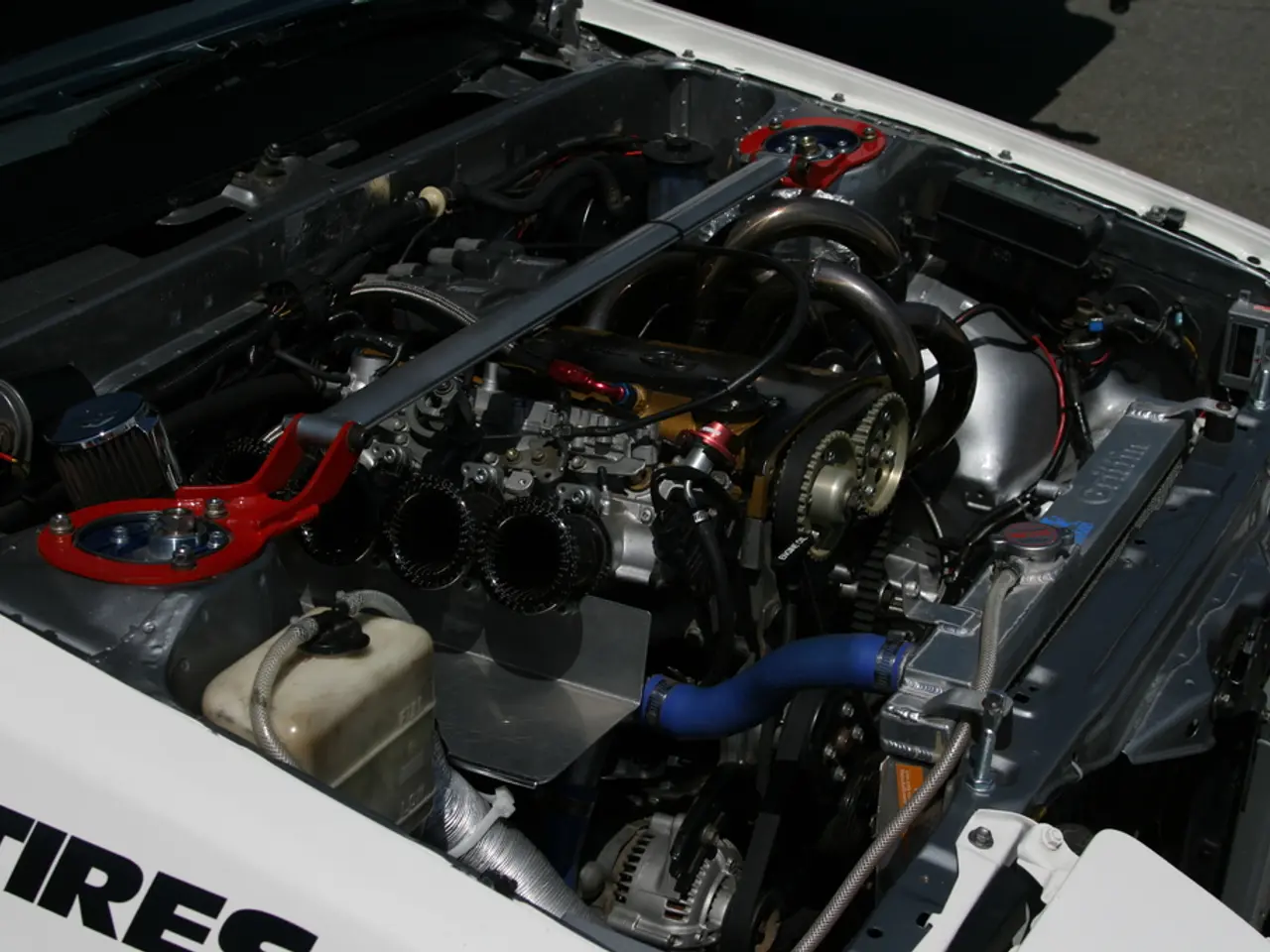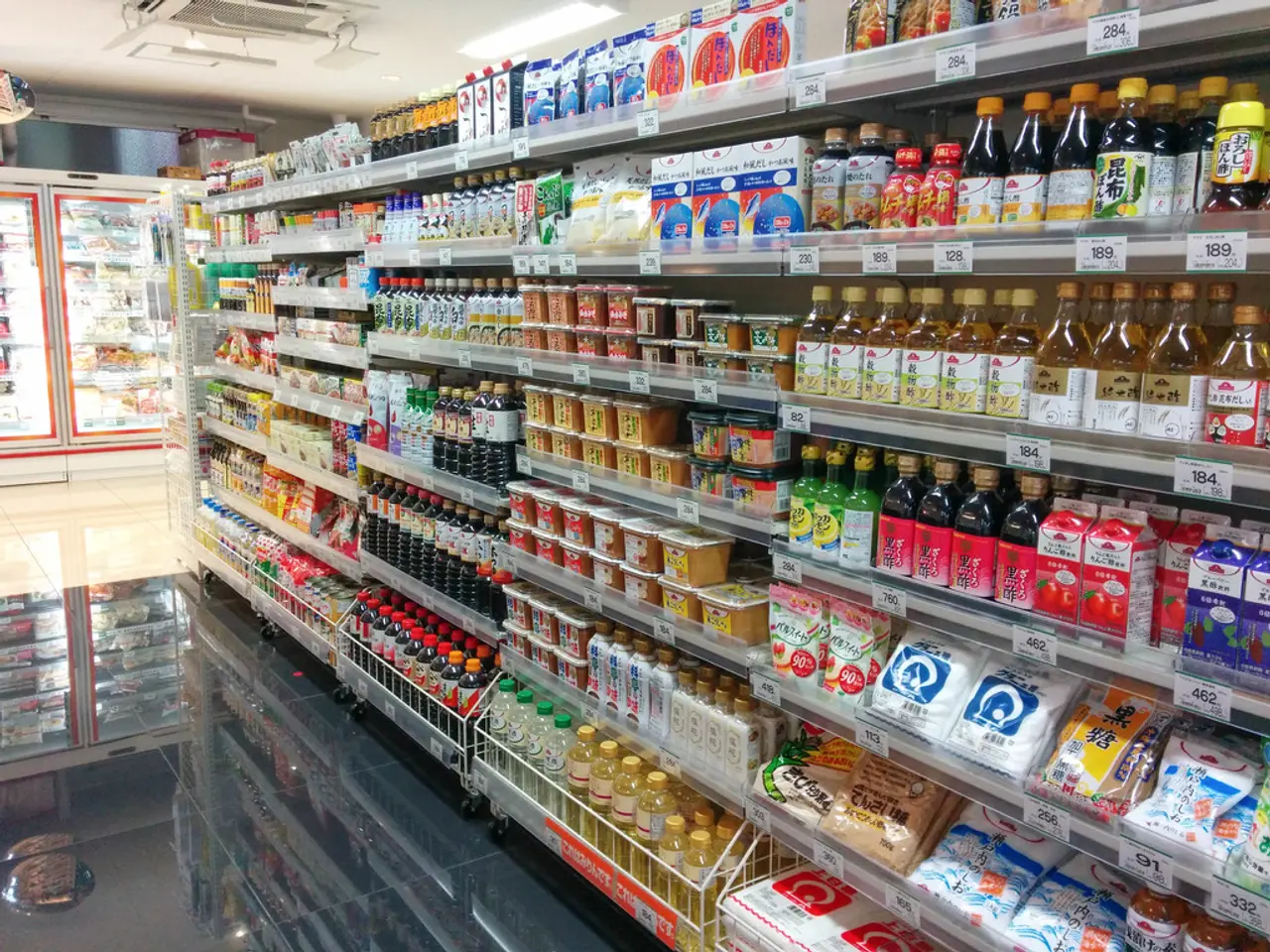Emerging small vehicle equipped with a partially solid energy storage system.
Svolt Energy, a spin-off from Great Wall, is set to revolutionise the battery market with its new semi-solid-state batteries. These batteries are expected to offer significant improvements over conventional lithium-ion technology, particularly in energy density, cost efficiency, safety, and compatibility with existing production lines.
Key Benefits of Svolt’s Semi-Solid-State Batteries
The first-generation semi-solid-state battery achieves an energy density of about 300 Wh/kg, surpassing many current lithium-ion batteries. Plans are underway to reach 360 Wh/kg in the next generation and up to 400 Wh/kg in all-solid-state variants, enabling longer driving ranges and better performance in electric vehicles (EVs).
Moreover, the batteries are developed to be produced with costs below the industry average, making them more economically competitive. Svolt’s technology works fully with conventional liquid battery manufacturing processes, minimising the need for new investments and allowing a smoother transition from current lithium-ion battery production.
The use of semi-solid electrolytes addresses the brittleness issues of solid electrolytes by employing a stacking process. This results in yield rates exceeding 90%, indicating higher manufacturing stability and product reliability.
Strategic Market Deployment
These batteries are planned for use in premium applications such as BMW MINI’s next-generation models starting in 2027, signifying industry confidence in their viability. However, BMW has issued a statement saying they do not comment on media speculation.
Challenges Ahead
Despite breakthroughs, semi-solid-state batteries are still undergoing trial production, so achieving mass production reliably at scale remains a challenge. Overcoming the brittleness and interface issues inherent to solid electrolytes requires advanced proprietary technologies and careful process control, which may present manufacturing hurdles.
As the battery industry evolves rapidly, Svolt and similar companies must continuously innovate to keep pace with other solid-state and advanced lithium-ion battery developments worldwide.
In summary, Svolt Energy’s semi-solid-state batteries promise valuable improvements over conventional lithium-ion technology—especially in energy density, cost, and safety—while leveraging existing manufacturing infrastructure. However, their eventual success depends on effectively scaling and refining these new technologies in competitive markets.
[1] Svolt Energy Press Release, [Link] [2] TechCrunch, "Svolt Energy's semi-solid-state batteries could power BMW Mini models," [Link] [3] Electrive, "BMW to use Svolt Energy's semi-solid-state batteries in next-gen Mini," [Link] [4] Svolt Energy Whitepaper, [Link]
- The new semi-solid-state batteries developed by Svolt Energy have the potential to be used in the automotive industry, as BMW MINI plans to incorporate them in their next-generation models starting from 2027.
- The semi-solid electrolytes used in Svolt's batteries address typical brittleness issues found in solid electrolytes, allowing for yield rates exceeding 90% and demonstrated manufacturing stability.
- Despite promises of improved energy density, cost efficiency, and safety, the successful deployment of Svolt's semi-solid-state batteries at commercial scale will depend on overcoming manufacturing hurdles associated with their advanced technologies.




